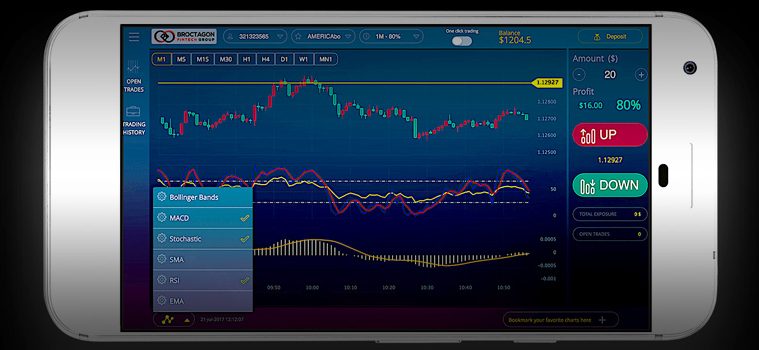BETTING REAL MONEY –
Jan. 30, 2021 – But industry experts say Robinhood’s addictive elements have been such a well-known problem that rival startups, like Public and Titan, have been casting themselves as abbreviated or even outright opposite versions of Robinhood. Both companies said they hope to use different kinds of design choices to nudge their users in a more thoughtful direction.
Titan co-CEO Joe Percoco said in an email that his company is the “polar opposite of Robinhood,” likening inexperienced Robinhood investors to hopping into a “fast new car, without driving instructions.”
“Robinhood is designed and makes money based on clients trading addictively,” he wrote. “This is horrific.” Gamblers and investors have always had plenty in common, Whyte said. He noted they often draw young men who exhibit self-destructive behaviors and take their obsessions too far.
In one extreme example, a 20-year-old Robinhood trader took his own life last summer after seemingly misunderstanding his financial statement and blamed the company for his circumstances.
Robinhood told CNBC at the time that it was “deeply saddened to hear this terrible news,” adding that it had reached out to the family.
“In both online gambling and online trading, being unable to set and stick to limits, and the consequences, too, are incredibly similar,” Whyte added, underscoring that he would like to see these apps institute self-imposed limits and self-exclusion lists, like casinos do.
The latest versions of these trading apps can also trigger similar behaviors. Other digital experts have reached comparable conclusions regarding in-app design choices, including Dave Guarino, an Oakland, California-based product lead at the California Office of Digital Innovation, a relatively new agency opened under Gov. Gavin Newsom that aims to make state-run websites easier to use.



